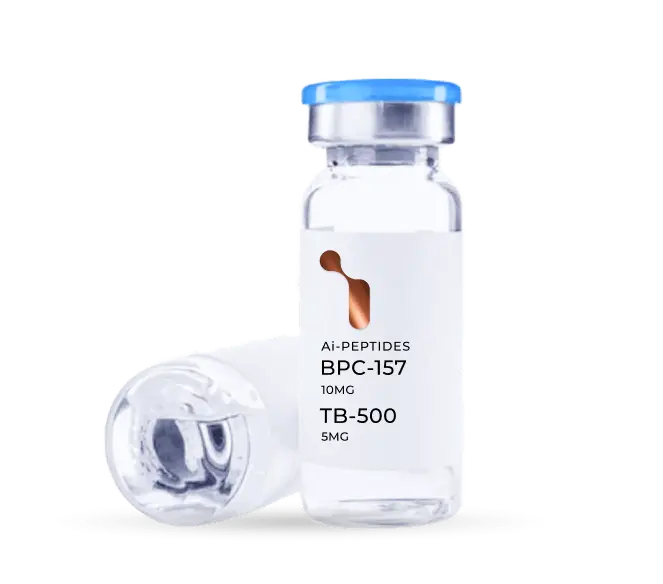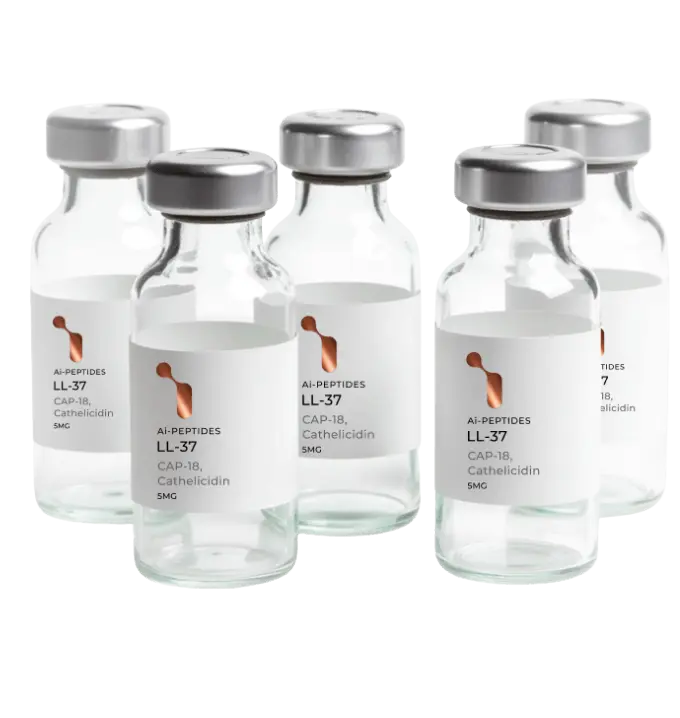One of the most prominent researchers in the field of peptides, Professor Vladimir Khavinson, has focused a great deal of his career on how peptides can be used to thwart the effects of aging. Loss of eye function is something that affects nearly everyone as they age, but it can also result from a number of disease processes, from diabetes to macular degeneration. Professor Khavinson’s research has found that a specific peptide complex isolated from cattle retina, referred to as retinalamin, can actually stimulate retinal function and help preserve vision. Retinalamin isn’t the only peptide preparation found to have benefits in the eye, however. Epithalamin, cortexin, salvinor, and thymalin have all shown potential benefits in eyesight research in different ways[1].
Peptides for Eyesight Research: Tissue Preparations
There are two basic approaches to the discovery and investigation of peptides that might be useful in preserving and protecting eyesight. The first is to look at preparations from specific tissues to determine if they have any benefit. This approach has been favored in the East by researchers like Professor Khavinson because it provides a means of testing a large number of peptides in a single go. Basically, a peptide cocktail is extracted from a specific tissue, like the thymus gland, and is then used in research to determine if it has any effect on eyesight. If a tissue proves to be beneficial, it is further purified to determine if one or a handful of the peptides derived from it are responsible for most of the effects. Examples of such peptide cocktails include the following.




